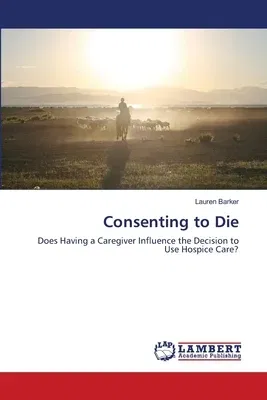Lauren Barker
(Author)Consenting to DiePaperback, 22 June 2012

Qty
1
Turbo
Ships in 2 - 3 days
In Stock
Free Delivery
Cash on Delivery
15 Days
Free Returns
Secure Checkout
Print Length
52 pages
Language
English
Publisher
LAP Lambert Academic Publishing
Date Published
22 Jun 2012
ISBN-10
3659138398
ISBN-13
9783659138393
Description
Product Details
Author:
Book Format:
Paperback
Country of Origin:
US
Date Published:
22 June 2012
Dimensions:
22.86 x
15.24 x
0.3 cm
ISBN-10:
3659138398
ISBN-13:
9783659138393
Language:
English
Location:
Saarbrucken
Pages:
52
Publisher:
Weight:
90.72 gm

